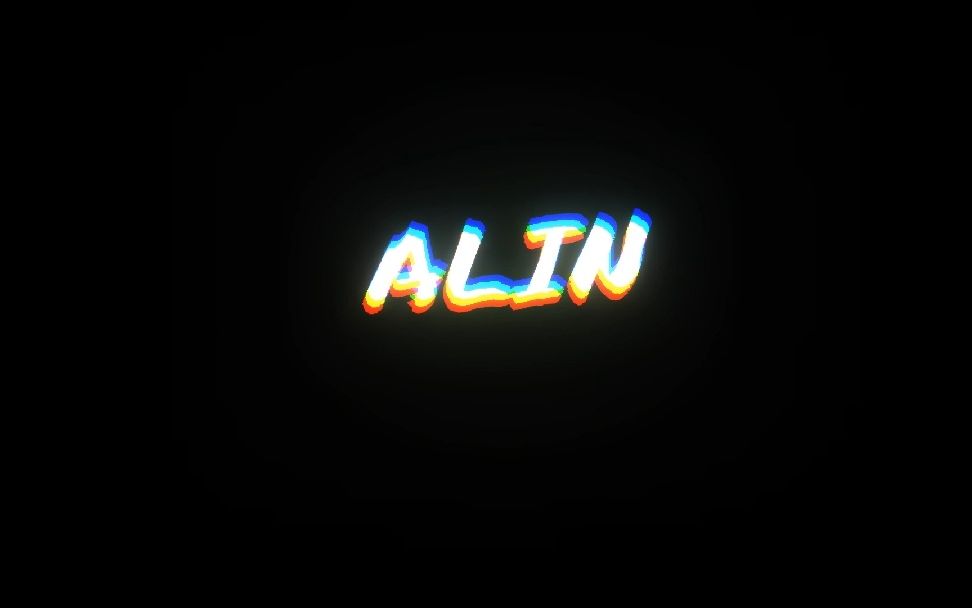### What is a Loan Charge Off: Understanding Its Implications and Consequences
#### What is a Loan Charge Off?A loan charge off occurs when a lender determines that a borrower is unlikely to repay a debt, typically after a prolonged pe……
#### What is a Loan Charge Off?
A loan charge off occurs when a lender determines that a borrower is unlikely to repay a debt, typically after a prolonged period of non-payment. This process involves the lender writing off the debt as a loss in their financial records, which effectively removes the loan from their active accounts. However, it does not mean that the borrower is no longer responsible for repaying the debt. Instead, the lender may continue to pursue collection efforts, or they may sell the debt to a collection agency.
#### The Process of Loan Charge Off
When a borrower misses several payments—usually six months or more—the lender may initiate the charge-off process. This is often a last resort for lenders, as they would prefer to recover as much of the loan amount as possible. Once a loan is charged off, it is marked as a loss on the lender's balance sheet, which can affect their financial health.

#### Impact on Credit Score
A loan charge off has significant consequences for the borrower's credit score. Once a loan is charged off, it will be reported to credit bureaus, leading to a substantial drop in the credit score. This negative mark can remain on the borrower’s credit report for up to seven years, making it more challenging to obtain new credit in the future. Lenders view charge-offs as a sign of financial irresponsibility, which can lead to higher interest rates or outright denial of credit applications.
#### Options for Borrowers After a Charge Off

Even after a loan has been charged off, borrowers still have options. They can negotiate with the lender or collection agency to settle the debt for less than the full amount owed. This can sometimes result in a "paid charge-off" status on their credit report, which is better than an unpaid charge-off. Additionally, borrowers can work on rebuilding their credit by making timely payments on other debts and using secured credit cards responsibly.
#### Legal Considerations
It's important for borrowers to understand their rights in the event of a loan charge off. The Fair Debt Collection Practices Act (FDCPA) protects consumers from abusive practices by debt collectors. Borrowers have the right to request validation of the debt and dispute any inaccuracies on their credit report. If a borrower believes that a charge-off was reported incorrectly, they can file a dispute with the credit bureaus and seek correction.

#### Conclusion
In summary, understanding "what is a loan charge off" is crucial for anyone dealing with debt. It represents a significant financial event that can have long-lasting effects on a borrower's credit health. By being informed about the implications of a charge-off and exploring options for resolution, borrowers can take proactive steps to manage their financial situation and work towards recovery. Whether through negotiation, debt settlement, or credit rebuilding strategies, there are ways to move forward after a loan charge off.